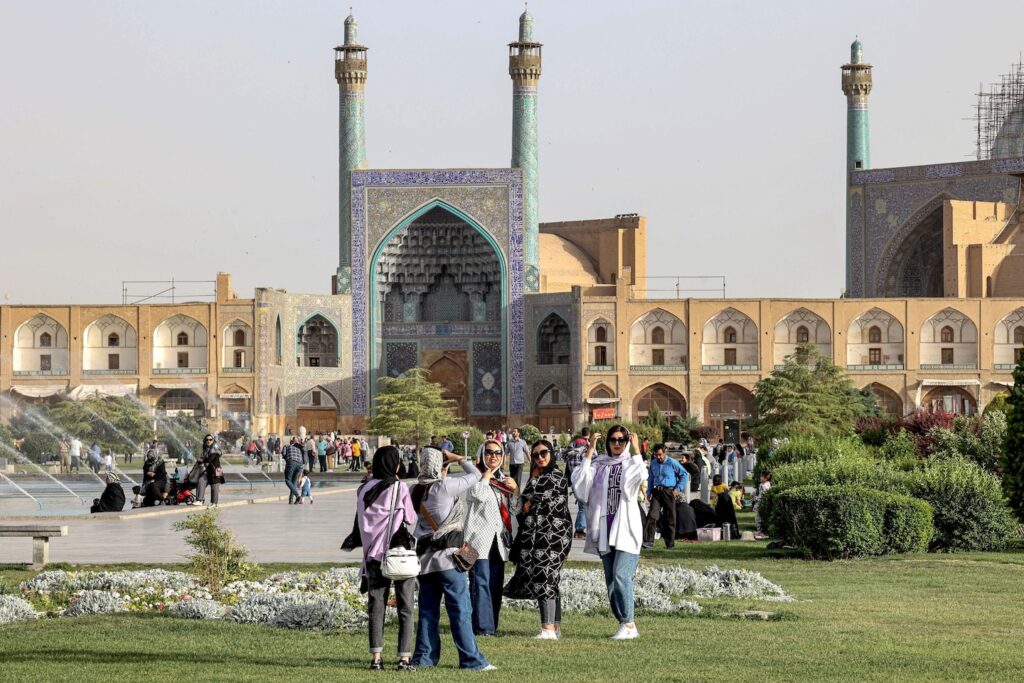
Iranian state media reported that no significant damage resulted from Friday’s strikes. Reports of the blasts began appearing on social media about 4 a.m. local time in Iran. Iranian military officials said air defense networks in the area were activated and that a system at a military base in Isfahan “was used for an interception,” according to state media.
The International Atomic Energy Agency, the United Nations’ nuclear watchdog, also said Friday that the attack caused no damage to Iran’s nuclear sites, including those in Isfahan. “IAEA is monitoring the situation very closely,” Director General Rafael Mariano Grossi said. He called for “extreme restraint from everybody.”
Given Israel’s long-range military capabilities, the attack appeared to be only a pinprick.
The Israeli official — speaking on the condition of anonymity to discuss sensitive military matters — did not confirm the location of the strikes but said they were intended to send a message to Iran that Israel has the ability to strike inside the country.
A person familiar with official discussions about the attack, who spoke on the condition of anonymity as they were not authorized to discuss it publicly, said the strike was “carefully calibrated.”
Analysts and Israeli media commentators suggested that both sides appear keen to avoid further escalation. “It seems that actually both sides want to be seen to be doing something without actually undertaking the risks of doing anything that’s too provocative,” Charles Miller, a security expert at Australian National University, said in an interview.